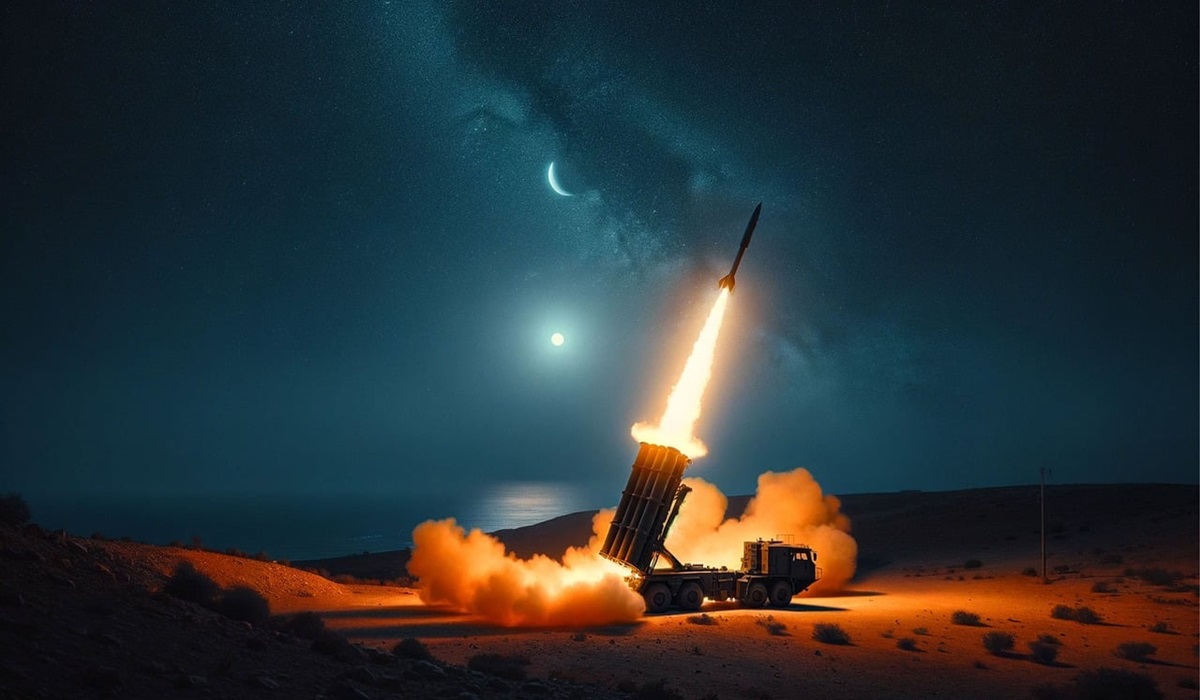Israel’s Preemptive Strike on Lebanon Triggers Retaliation: Over 320 Missiles and Drones Fired at Israel
- TDS News
- Middle East
- Trending
- August 25, 2024

Image Credit, Türkiye
A recent preemptive strike by the Israeli Defense Forces (IDF) on Lebanon has led to a significant escalation in hostilities, with Hezbollah retaliating by launching more than 320 missiles and drones at northern Israel. The exchange of fire has caused widespread disruptions, including delays at Ben Gurion Airport, where many airlines have suspended flights, affecting an estimated 50,000 to 60,000 passengers set to travel through the airport on Sunday.
The IDF’s strike, described as a preemptive measure, targeted Hezbollah positions within Lebanon, aiming to disrupt what Israeli officials believe were imminent threats posed by the group. The strike was part of Israel’s ongoing efforts to counter Hezbollah’s military activities, which Israel perceives as a growing danger in the region.
Hezbollah’s response was swift and forceful. The group, which has a significant military presence in southern Lebanon, launched a barrage of missiles and drones at northern Israel. The attacks triggered air raid sirens and forced residents in the affected areas to take cover. The damage and casualties resulting from the barrage are still being assessed, but the immediate impact was felt in the significant disruptions to civilian life.
One of the most noticeable effects of the escalation has been at Ben Gurion Airport, Israel’s main international airport. The attacks have led to delays and cancellations of flights, with several airlines suspending their services to and from Israel. This disruption is particularly significant given the high volume of passengers expected to pass through the airport over the weekend.
Hezbollah’s actions are widely seen as a response to the assassination of one of its senior commander Fuad Shukr, a killing that has been attributed to Israel, although not officially confirmed. The commander’s death has been a point of contention, with Hezbollah vowing to retaliate and seek justice. This recent exchange of fire appears to be a continuation of the cycle of violence that has characterized the long-standing conflict between Israel and Hezbollah.
Both sides have issued statements justifying their actions. Israel maintains that its strike was necessary to prevent an imminent attack, while Hezbollah views its response as a legitimate act of defense and retaliation for the loss of its leader. The situation has drawn concern from the international community, which has urged both parties to exercise restraint to avoid further escalation.
As tensions remain high, the potential for further violence looms large. The events of the past few days highlight the fragile nature of the ceasefire that has generally held between Israel and Hezbollah since their last major conflict. The current situation underscores the ongoing volatility in the region and the challenges in achieving long-term stability.








